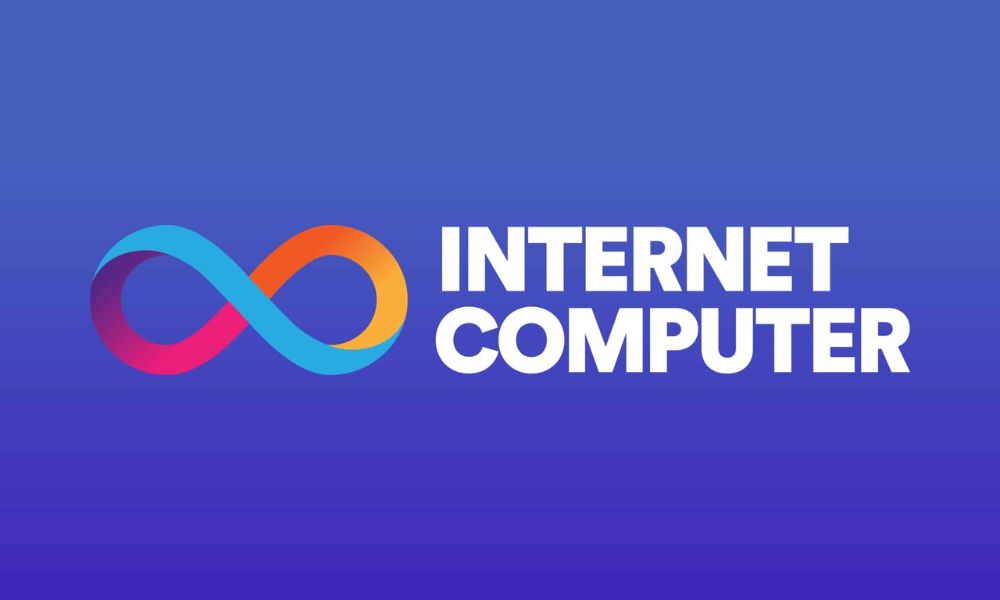While most blockchain projects are trying to build a better financial system, Internet Computer (ICP) has a far more ambitious goal: to rebuild the entire internet. ICP aims to be a “full-stack” platform, allowing applications to run entirely on the blockchain and eliminating the reliance on centralized cloud services. So, what is Internet Computer? Coin60s will help you explore what Internet Computer is and how it works.
What is Internet Computer?
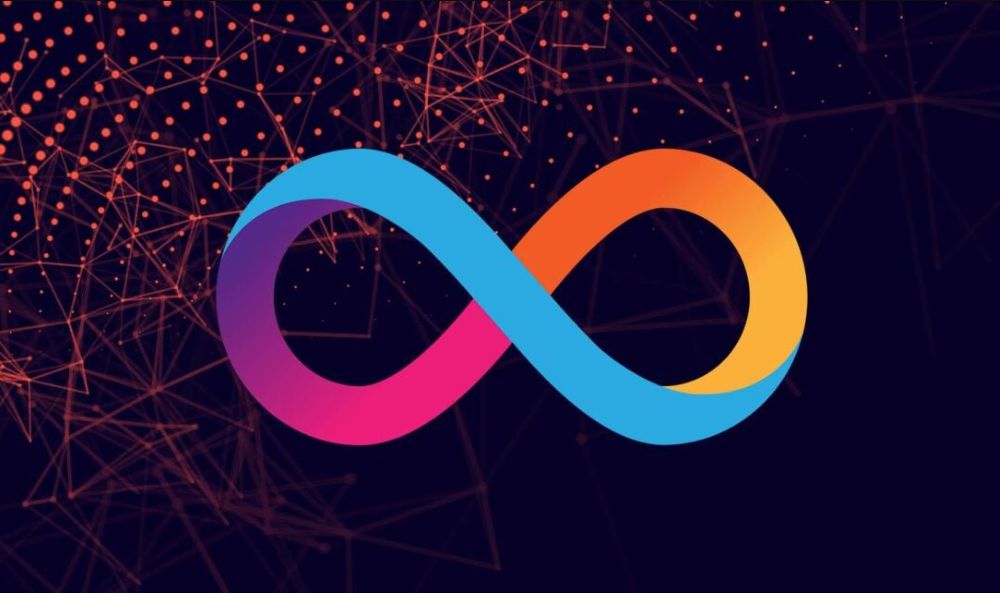
Internet Computer is a Layer-1 blockchain platform designed to be a decentralized “World Computer.” Its goal is to extend the functionality of the public internet, allowing developers to build and deploy software and services directly on a secure, uncensorable network.
The project is developed by the DFINITY Foundation, a non-profit organization based in Switzerland, with a formidable team of hundreds of the world’s leading cryptographers, researchers, and engineers, led by founder Dominic Williams.
What is Internet Computer’s Technology?
ICP’s technology is its biggest differentiator and its core competitive advantage.
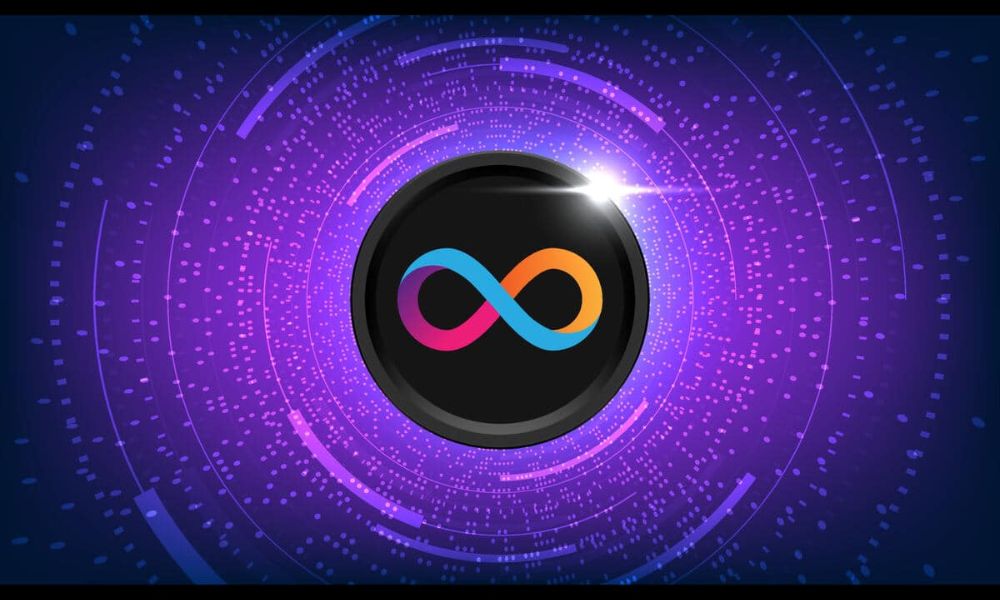
Chain Key Technology: This is a breakthrough cryptographic technology that enables ICP’s unique capabilities. It helps the network process transactions at web speed, allows new nodes to join seamlessly, and is the foundation for smart contracts to directly call other smart contracts on different “subnets.”
Canister Smart Contracts: Smart contracts on ICP are called “Canisters.” They are significantly more powerful than traditional smart contracts:
- Data Storage: Canisters can store their own data, acting as an on-chain database.
- Serving Web Content: Canisters can interact directly with end-users via HTTP calls, meaning that entire websites (both front-end and back-end) can be stored and run 100% on the blockchain.
The “Reverse Gas” Model: This is one of the biggest advantages for user experience. Instead of users paying gas fees for every transaction, developers pre-load their Canisters with “Cycles” (a form of gas with a stable price). This allows users to interact with applications on ICP without needing a wallet or paying any fees, creating a seamless experience just like Web2 applications.
NNS (Network Nervous System): The entire Internet Computer network is governed by an on-chain, algorithmic DAO (Decentralized Autonomous Organization) called the NNS. Anyone can participate in governing and upgrading the network by staking ICP.
Read more: What is Litecoin? Updated LTC review you shouldn’t miss in 2025
ICP’s Tokenomics
The ICP token has two primary roles in the ecosystem:
- Governance Participation (Staking): This is its core utility. Users can lock (stake) their ICP in the NNS to create “neurons.” These neurons allow them to vote on governance proposals and, in return, receive rewards in newly minted ICP. The longer the lock-up period, the greater the voting power and rewards.
- Conversion into Cycles: To run applications, developers must burn ICP to create “Cycles.” Cycles are the computational unit, have a stable value (pegged to the IMF’s SDR – Special Drawing Rights), and are used to pay for resources like computation and storage that Canisters consume. This burn mechanism creates deflationary pressure on ICP as network usage increases.
Internet Computer’s Ecosystem and Community
After its initial price collapse, the ICP ecosystem had to rebuild from the ground up amidst market skepticism. As of 2025, the ecosystem has shown definite signs of maturity.
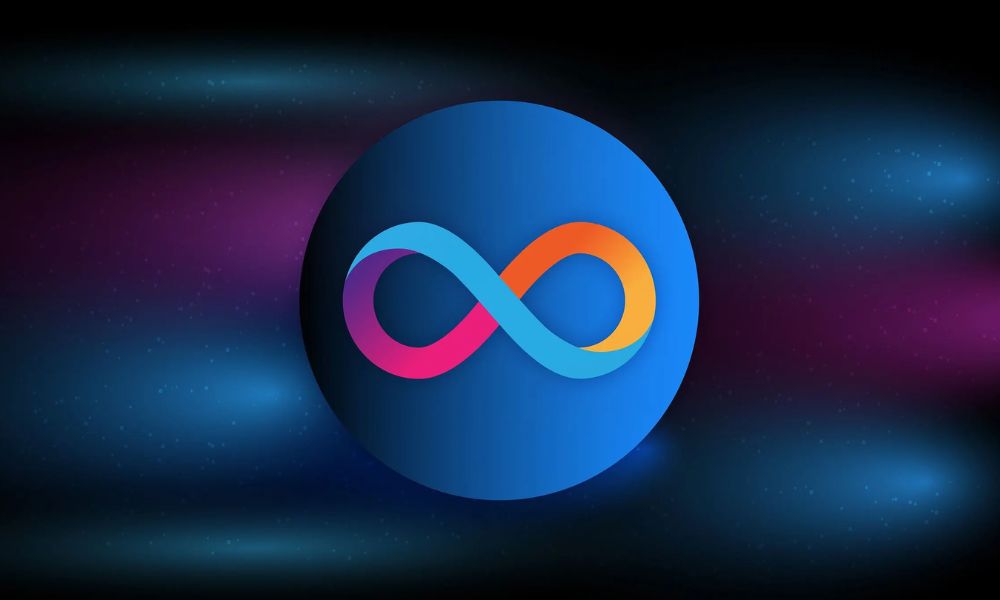
Ecosystem Growth:
- SocialFi (Decentralized Social Media): This is ICP’s strongest sector, with applications like OpenChat (a decentralized version of Telegram/WhatsApp), Distrikt (a decentralized LinkedIn), and many other platforms attracting real users thanks to the gas-free experience.
- DeFi and GameFi: The DeFi (ICPSwap, ICDex) and gaming ecosystems on ICP are still in their early stages, modest compared to EVM platforms but growing steadily.
Community: ICP has a very strong technical community, comprised of developers, researchers, and believers in the project’s long-term vision. These are the people who stayed and continued to build through the most difficult years.
Founding Team and Investors
Team: The DFINITY Foundation boasts one of the largest and highest-quality research and development (R&D) teams in the crypto industry, with hundreds of talented individuals. This is an undeniable strength.
Investors: DFINITY raised significant capital from top-tier venture capital funds like Andreessen Horowitz (a16z) and Polychain Capital, providing it with credibility and abundant financial resources.
Read more: What is Toncoin? Updated TON review you shouldn’t miss in 2025
What are the Pros and Cons of Internet Computer?
Internet Computer (ICP) is one of the most technologically groundbreaking blockchain projects, but it also comes with its own unique limitations and challenges.
Advantages of Internet Computer
- Superior and Full-Stack Technology: ICP is not just a blockchain but a “full-stack” platform. Its Chain Key Technology and Canister smart contracts allow it to store data, process logic, and serve web content directly to users. In theory, it can replace the entire traditional cloud infrastructure.
- Superior User Experience (Reverse Gas Model): This is its biggest advantage in terms of application. Developers prepay for operational costs (called “Cycles”), allowing users to interact with apps without paying gas fees for every click. This creates a smooth, seamless experience like Web2 applications.
- Speed and Scalability: ICP is designed to process transactions at web speed, with finality in just 1-2 seconds. Its architecture allows the network to scale by adding new “subnets” seamlessly.
- Advanced On-Chain Governance (NNS): The Network Nervous System (NNS) is one of the most complex and powerful DAO systems, allowing the community to govern and upgrade the entire protocol in a decentralized manner.
- World-Class Research and Development Team: The DFINITY Foundation brings together hundreds of world-class cryptographers, researchers, and engineers, ensuring continuous technological development and innovation.
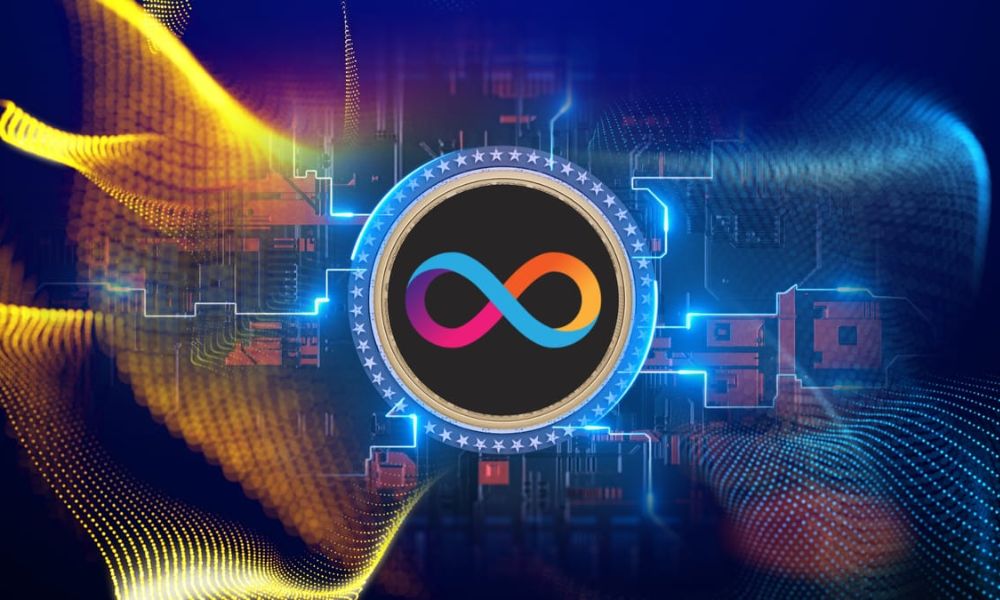
Limitations of Internet Computer
- Technical Barrier and “Walled Garden” Ecosystem: ICP is not compatible with the Ethereum Virtual Machine (EVM) and uses its own programming language (Motoko). This creates a steep learning curve for developers from other ecosystems, causing ICP’s ecosystem to grow more slowly and feel somewhat “closed-off.”
- The “Scar” of its Price History: ICP had one of the most controversial launches in crypto history, with its price collapsing over 99% after listing. Although the project has been building continuously for years, the psychological “scar” and skepticism from the community remain a major challenge in regaining trust.
- Relative Centralization Risk: Although the NNS is decentralized, the core technology development is still predominantly led by the DFINITY Foundation. This creates concerns about reliance on a single organization.
- Fierce Competition: ICP’s “World Computer” vision competes not only with other Layer-1 blockchains but also directly against the centralized cloud computing giants like Amazon Web Services (AWS) and Google Cloud—an extremely difficult battle.
Should You Invest in Internet Computer (ICP)?
This is one of the most polarizing investment questions in the crypto world. The answer depends entirely on one’s vision, belief in the technology, and risk appetite. This section provides an analytical framework, not financial advice.
Essentially, investing in ICP is a very high-risk bet on an extremely ambitious vision: to rebuild the entire internet on a decentralized platform.
The investment thesis for ICP becomes attractive if you believe its technology is truly superior. You believe the “Reverse Gas” model, which offers an unrivaled user experience, will be the key factor in attracting mass users in the future. Furthermore, you trust in the long-term vision and capabilities of the world-class R&D team at DFINITY, accepting that their “slow and steady” path will create a more sustainable and superior platform.
However, accompanying that potential are extremely large risks. You must accept the psychological “scar” and market skepticism following the historic price collapse of 2021. The risk also comes from ICP’s ecosystem being non-EVM compatible, creating a major barrier to attracting developers and capital from other platforms. Additionally, there is always the possibility that ICP’s technology is too ahead of its time and will fail in the fierce competition against both other blockchains and the traditional cloud giants.
In summary, ICP is an “all-or-nothing” play. It is not an incremental investment but a bet on a revolution. Evaluate it as the most venture-style investment in your portfolio and only invest an amount you are fully prepared to lose.
Conclusion
In summary, Internet Computer is a “technological marvel” on a journey to find market validation. Its platform, with Canisters and the “Reverse Gas” model, offers a superior user experience, but the barrier of non-EVM compatibility remains a major weakness. The future of ICP depends on its technology’s ability to attract breakthrough applications, thereby drawing in mainstream users.
Disclaimer: This article is for informational and analytical purposes only and should not be considered financial or investment advice. Always conduct your own research (DYOR) before making any investment decisions.

